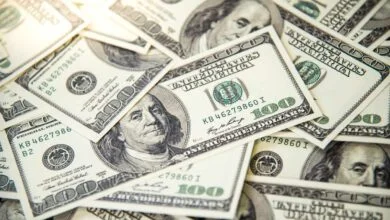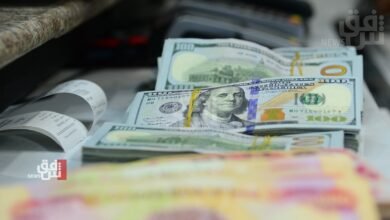Iran’s Currency Recovers Some Losses As Israel Tension Eases

After significant losses since January, the Iranian rial has managed to regain nearly 10 percent of its value over the past week, as tensions with Israel did not escalate as expected.
In the first two weeks of April amid worsening tensions between Iran and Israel, the foreign exchange market in Tehran witnessed an unprecedented surge, with the dollar briefly reaching the 700,000-rial threshold.
Since early January, the rial had fallen by nearly 30 percent, marking the highest exchange rate recorded for the American currency in Iran. While tensions between Israel and Iran have seemingly cooled off, the rial has gained some value back, trading at 610,000 per dollar.
Israel attacked Iran’s consulate in Damascus on April 1, killing two Iranian Revolutionary Guard Corps (IRGC) generals and five military advisers, sharply raising tensions between the arch-enemies. Later, Iran retaliated with an unprecedented drone and missile barrage against Israel, most of which were intercepted.
The tit-for-tat moves appeared to be halted after a suspected Israeli attack targeting Iran’s central city of Isfahan hit a radar system for a Russian-made air defense battery later in April.
The Iranian rial has steadily lost value since the 1979 revolution, began to nosedive in 2018 after the US withdrew from the JCPOA nuclear deal and imposed sanctions on its oil exports and banking sector.
In 1978, the rial was valued at 70 rials per dollar. Over the past five years, the devaluation has exacerbated inflationary pressures, resulting in millions of Iranians falling below the poverty line.
Based on the debt payment calculation table published by the central bank last week, the annual inflation rate in 2023 was 52.3%, the highest in 80 years.
Source link





